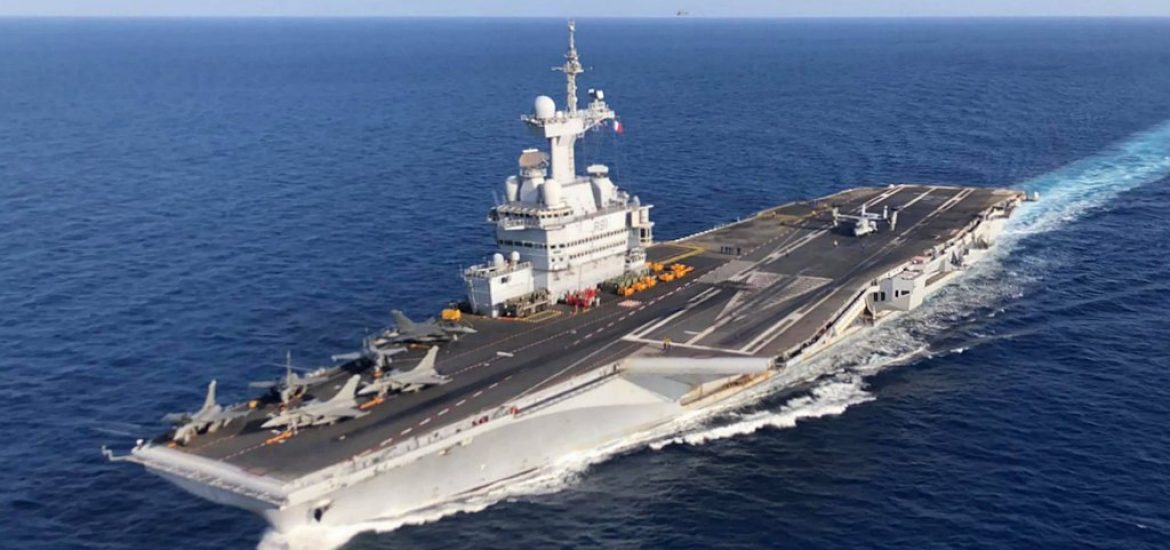
France’s defence minister, Florence Parly, has backed Cyprus in its dispute with Turkey over the search for natural gas around the divided Mediterranean island.
She acknowledged that Cyprus was under “strong pressure”.
“France is a friend of Cyprus,” Parly said after meeting Cyprus President Nicos Anastasiades. “And we also express our solidarity regarding, for instance, what’s going on in the EEZ [exclusive economic zone].”
Turkey has deployed warship-protected drill-ships to areas where Cyprus has licensed France’s Total and Italian Eni to drill for gas.
Cyprus says the Turkish drilling violates its sovereign rights and international law.
Turkey states that its drilling operations are taking place inside its continental shelf and comply with international law.
Cyprus, Greece and Israel are all exploring for gas in the eastern Mediterranean.
In July 2019 the East Mediterranean Gas Forum (EMGF) was launched by Cyprus, Egypt, Greece, Jordan, Italy and Palestine. Turkey was excluded.
Parly said France was grateful for Cypriot assistance with French naval operations by allowing its vessels to resupply at Cypriot ports.
She is due to visit the aircraft carrier Charles de Gaulle (pictured), which is near Cyprus conducting airstrikes against so-called Isis militants in the eastern Mediterranean region.
Cypriot government spokesman Panayiotis Sentonas said Parly talked about boosting bilateral cooperation, especially in defence.
The US Geological Survey estimates that the deposits could run into trillions of cubic metres of gas in the region, alongside millions of barrels of oil.
Cyprus this month said it signed €240 million in contracts with French companies to upgrade weapons systems.
An unnamed Cypriot government source was quoted saying France was looking to station fighter jets at an airbase in southwest Cyprus.
Observers will be hoping the Turkish operation fails to discover gas as this would make it far more difficult for Ankara to de-escalate the dispute.
By contrast, Israel has managed to unlock its gas reserves and is eyeing significant profits.
The Israeli Ministry of Energy said it was expecting to make record revenues from natural resources in 2020 of US$440 million.
The Leviathan gas field, which began operations last year, is expected to boost revenue.
Last month the embattled Israeli Prime Minister Benjamin Netanyahu signed a deal with Cyprus and Greece to build a natural gas pipeline to supply gas to the lucrative European market.
Netanyahu and Energy Minister Yuval Steinitz met Greek Prime Minister Kyriakos Mitsotakis and Anastasiades to agree on the trilateral deal.
The 1,900km EastMed pipeline to western Greece would be the world’s longest and deepest underwater pipeline with a capacity of 9-12 billion cubic metres of natural gas per year from Israeli and Cypriot reserves.
The Charles de Gaulle. Picture credit: Wikimedia





